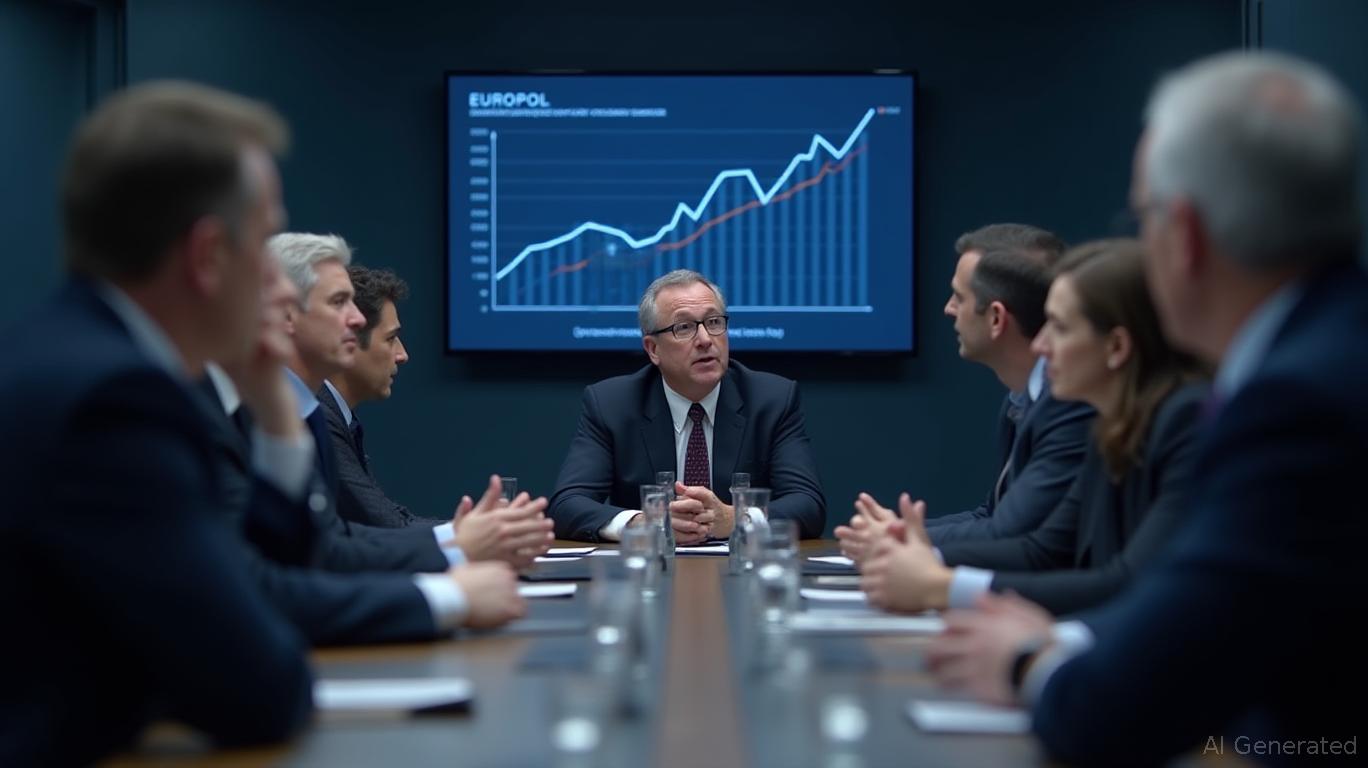Bitcoin News Update: Europol: The Increasing Complexity of Crypto Crime Calls for Harmonized International Regulations
Burkhard Mühl, who leads Europol's European Financial and Economic Crime Centre (EFECC), has cautioned that criminal exploitation of cryptocurrencies and blockchain technology is becoming "increasingly advanced." He stressed the urgent need for stronger global collaboration and unified procedures to address this growing threat, as reported in a
This year, Europol has taken down a Latvian cybercrime group that laundered more than $330,000 through digital currencies, disrupted a hawala-type operation moving $23 million, and exposed a "crypto investment scam" that defrauded 5,000 people of $540 million. Despite these achievements, investigators still struggle with issues like inconsistent blockchain analysis tools and the absence of unified transaction-tracing standards. Diana Pătruț from the Blockchain Intelligence Professionals Association (BIPA) observed that differing approaches among analytics companies hinder international probes, and that training often favors commercial products, introducing bias. "We're just at the start of this journey," Pătruț remarked, calling for joint efforts to establish global standards.

The difficulties are not only technical. Physical attacks on crypto owners—known as "wrench attacks"—have risen sharply in Europe, with France alone recording 16 such cases in 2025. These incidents highlight the real-world dangers of possessing digital currencies, even as authorities contend with the more abstract challenges of crypto-related crime.
At the same time, the larger cryptocurrency sector is experiencing its own volatility. Vineet Budki, CEO of Sigma Capital, has cautioned that Bitcoin's four-year cycle remains unchanged, warning that the next downturn could see prices fall by as much as 70%, according to a
The convergence of criminal activity and market fluctuations underscores the complex impact of crypto's expansion. While Europol and its partners advocate for international standards to curb illegal use, investors and financial institutions must navigate an environment filled with both opportunity and risk. As Pătruț highlighted, progress will depend not only on technological advancements but also on a shift in mindset regarding crypto's place in the financial world.